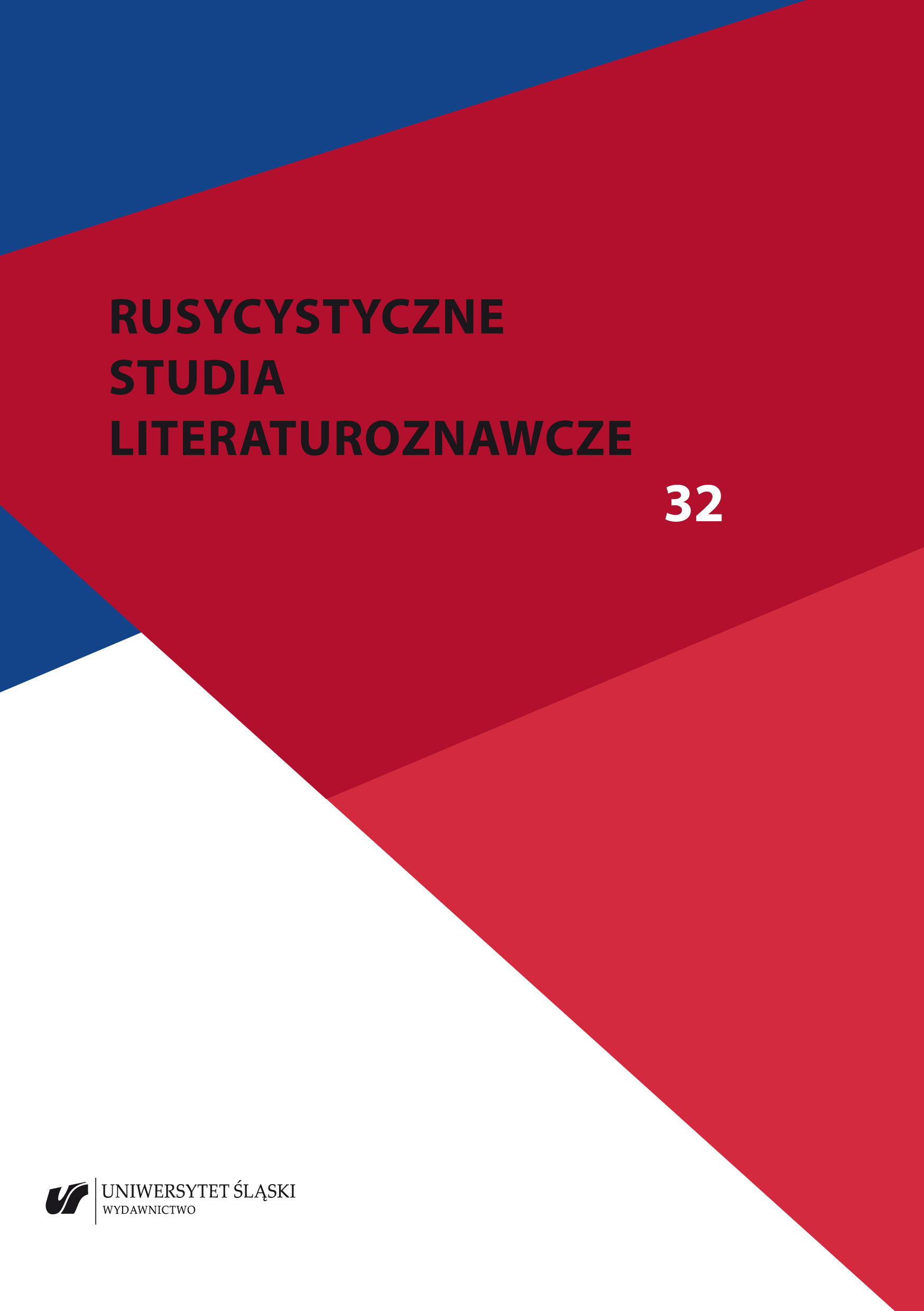Aspekt kolonialny opowiadania „Kara-Bugaz” (1932) Konstantina Paustowskiego
A colonial aspect of Konstantin Paustovski’s short story „Kara-Bugaz” (1932)
Author(s): Andrzej PolakSubject(s): Politics / Political Sciences, Russian Literature, International relations/trade, Theory of Literature
Published by: Wydawnictwo Uniwersytetu Śląskiego
Keywords: Paustovsky; „Kara-Bugaz”; Turkmenistan; production novel; colonialism
Summary/Abstract: In his article, Andrzej Polak analyzes Konstantin Paustovsky’s short story Kara-Bugaz in terms of the presence of elements of socialist-realist aesthetics (its sub-genre called the production novel) and devices typical of colonial narratives. The story is an example of a combination of these seemingly completely different ideologies. The story refers directly to the slogans accompanying the state industrialization program, which was the main goal of the first Soviet five-year plan. Konstantin Paustovsky’s goal is not so much to recreate the technological process of work, but to show its sense, i.e., its bing aimed at shaping the welfare of humanity and thereby transforming the world. The Soviet power on the territory of Central Asia was presented as a guarantor of progress and civilization, bringing to the local population a betterment of the standard of living, education and the possibility of a multi-faceted development. Thus, its representatives do not act as ordinary colonizers, but as guardians who care about the prosperity of the lands that are part of the Soviet empire.
Journal: Rusycystyczne Studia Literaturoznawcze
- Issue Year: 2022
- Issue No: 32
- Page Range: 1-24
- Page Count: 24
- Language: Polish

